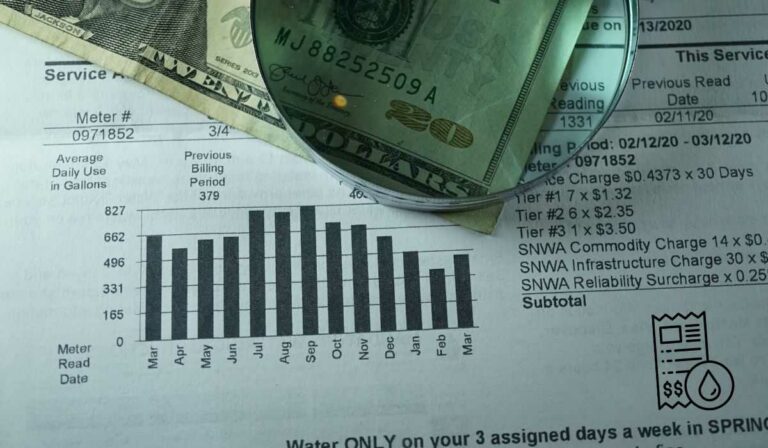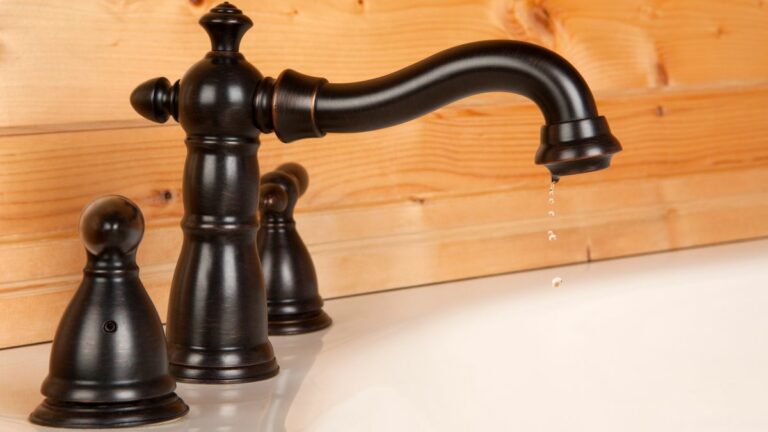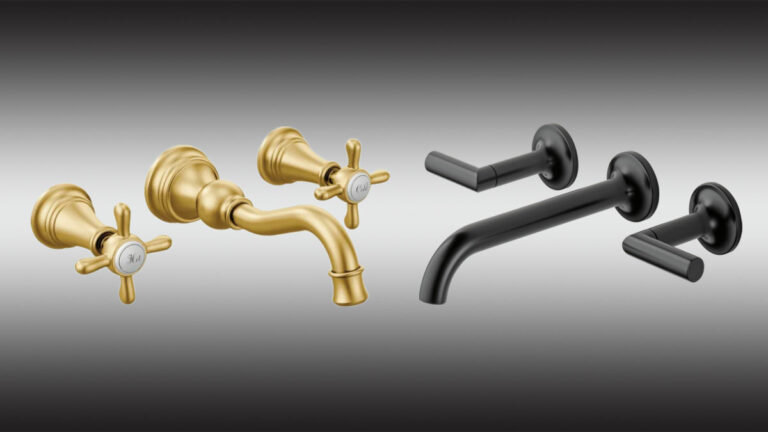What Kitchen Countertops Are Best
Choosing the right kitchen countertop can transform your cooking space, combining functionality with style. With so many materials on the market, you might wonder which option balances durability, design, and budget best for your needs. In this guide, you’ll explore key factors to consider, popular countertop materials, their upsides and downsides, and practical maintenance tips, empowering you to make an well-informed choice tailored to your kitchen.
Factors to Consider When Choosing Kitchen Countertops
When selecting kitchen countertops, several critical factors should guide your decision to ensure your space meets both your practical needs and aesthetic preferences.
Durability and Maintenance Requirements
The countertop surface endures daily wear, including food preparation, heat, and occasional spills. You’ll want a material that resists scratches, stains, and heat damage. Some countertops require more upkeep than others, so it’s important to evaluate how much time you’re willing to dedicate to maintenance.
Aesthetic Appeal and Design Compatibility
Your countertop should complement your kitchen’s overall style, whether that’s modern, rustic, or something in between. Consider color, texture, and pattern options to create a cohesive look that feels inviting and aligns with your personal taste.
Budget and Cost Efficiency
Countertops vary widely in price. Factor in not only the initial purchase cost but also installation fees and long-term maintenance expenses. Balancing your budget with your desired features ensures the countertop is a worthwhile investment that lasts.
Popular Kitchen Countertop Materials
Knowing the most popular countertop materials will help you understand what options are available and their distinct qualities.
Granite Countertops
Granite has long been a favorite for its natural beauty and incredible durability. Each slab is unique, offering rich patterns and colors. It stands up well to heat and scratches but needs periodic sealing to maintain its resistance to stains.
Quartz Countertops
Quartz countertops provide a consistent appearance with a non-porous, engineered surface. They’re highly resistant to stains and scratches, require minimal maintenance, and come in a wide range of colors and patterns.
Marble Countertops
Marble is prized for its elegant veining and classic look. While stunning, it’s softer and more porous than granite or quartz, meaning it’s more prone to scratching and staining. It demands careful upkeep and sealing.
Laminate Countertops
Laminate is a budget-friendly option available in many colors and patterns, including realistic stone and wood looks. It’s easy to clean, although it’s less durable, susceptible to scratches and heat damage.
Butcher Block and Wood Countertops
These countertops offer warmth and charm, perfect for farmhouse or traditional kitchens. Wood requires regular sealing or oiling to protect against water damage and scratches but can be sanded and refinished if damaged.
Concrete Countertops
Concrete lets you customize shapes and colors for a modern, industrial vibe. It’s very durable but can crack over time if not properly mixed and sealed. Also, it requires sealing to prevent stains.
Solid Surface Countertops
Solid surfaces like Corian provide seamless designs and are easy to clean. They resist stains and minor scratches, but can be damaged by heat and sharp objects. Repairing scratches often requires professional refinishing.
Comparing Pros and Cons of Each Material
Understanding the advantages and drawbacks of each countertop material helps you weigh which is best suited for your lifestyle.
- Granite: Pros include durability and natural beauty: cons are the need for periodic sealing and higher cost.
- Quartz: Pros are low maintenance and uniform aesthetics: cons include sensitivity to heat and a higher price point.
- Marble: Pros are luxurious look and timeless style: cons are vulnerability to scratches, stains, and higher maintenance.
- Laminate: Pros are affordability and variety: cons include lower durability and susceptibility to damage.
- Butcher Block: Pros are warmth and repairability: cons include water sensitivity and regular maintenance needs.
- Concrete: Pros are customization and durability: cons include cracking risk and necessary sealing.
- Solid Surface: Pros are seamless appearance and stain resistance: cons include heat sensitivity and potential scratches.
Your choice depends on which factors matter most, durability versus aesthetics, budget versus upkeep, or ease of repair.
Maintenance Tips to Extend Countertop Longevity
To preserve your countertops and keep them looking great over time, adopt these maintenance best practices:
- Daily Cleaning: Use mild dish soap and a soft cloth to wipe down surfaces regularly.
- Immediate Spill Cleanup: Address spills quickly to prevent staining, especially on porous materials like marble and granite.
- Proper Sealing: Follow manufacturer recommendations for sealing natural stone and concrete to create a protective barrier against stains.
- Heat Protection: Always use trivets or hot pads to avoid heat damage on sensitive materials.
- Scratch Prevention: Use cutting boards rather than cutting directly on the countertop.
- Regular Inspection: Check surfaces periodically for chips, cracks, or dull spots and address repairs promptly to avoid worsening damage.
Consistent care will not only extend the lifespan of your countertops but keep them looking fresh and inviting.
How to Choose the Best Countertop for Your Kitchen Needs
Making the right countertop choice involves matching the material’s features to your daily habits and kitchen style. Ask yourself:
- How much maintenance are you willing to do?
- Do you prefer natural stone aesthetics or engineered consistency?
- What’s your budget, including installation and upkeep?
- How do you use your kitchen, heavy cooking, entertaining, or light preparation?
If you want low-maintenance and uniform appearance, quartz is a strong candidate. For a luxurious look and don’t mind the upkeep, marble might appeal to you. If warmth and the ability to repair surface damage matter most, butcher block could be perfect. And if you’re looking for budget-conscious options with a variety of styles, consider laminate.
Evaluating these considerations alongside your lifestyle ensures you select a countertop that enhances your kitchen both functionally and visually.
Conclusion
Choosing the best kitchen countertop comes down to balancing durability, aesthetics, maintenance, and budget. No single material is perfect for everyone: understanding your priorities is key. Whether you favor the timeless elegance of granite, the hassle-free quartz, or the cozy feel of wood, there’s an ideal countertop for your kitchen. With proper care and thoughtful selection, you’ll enjoy a beautiful, functional surface that supports your culinary adventures for years to come.



